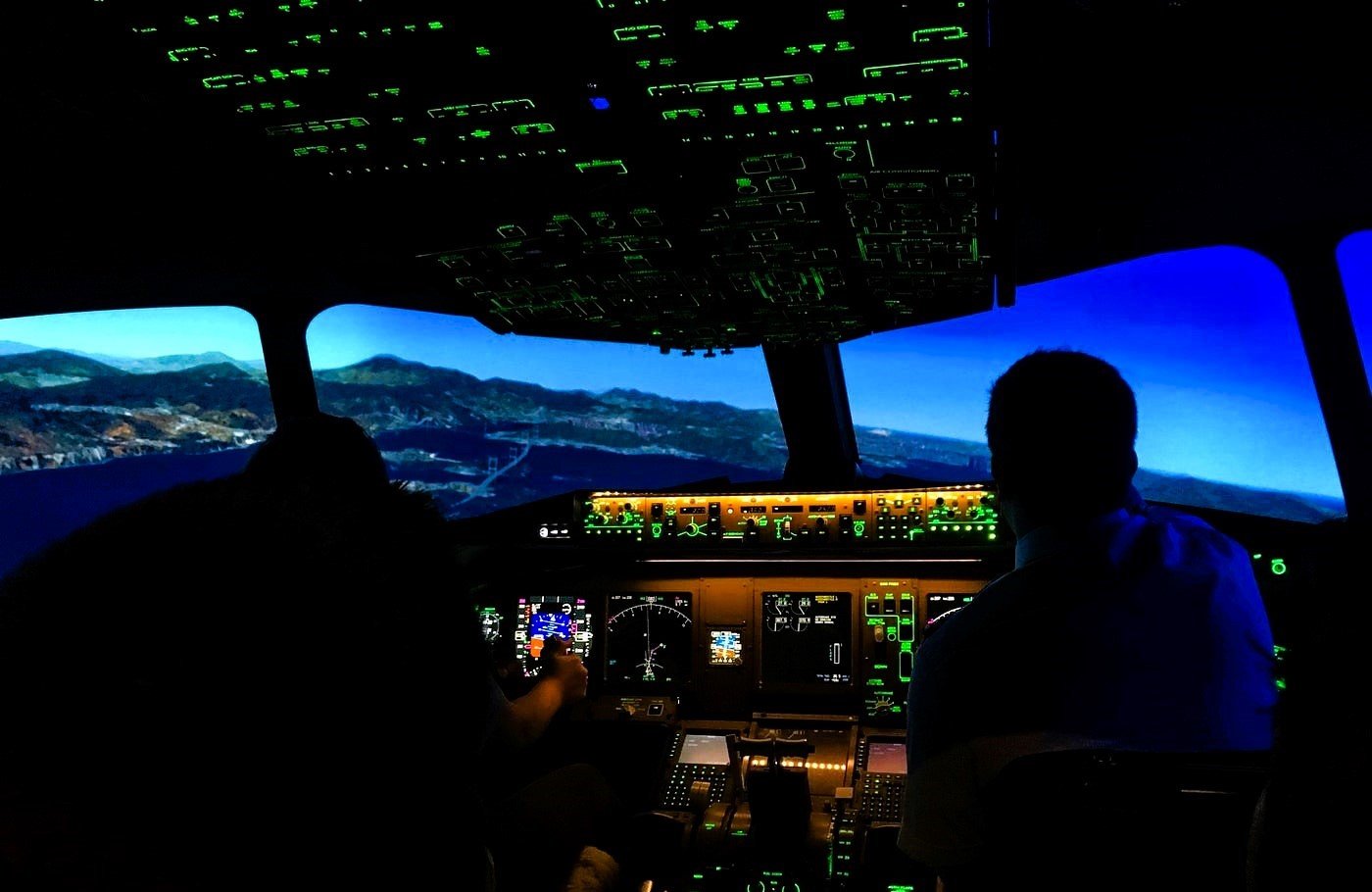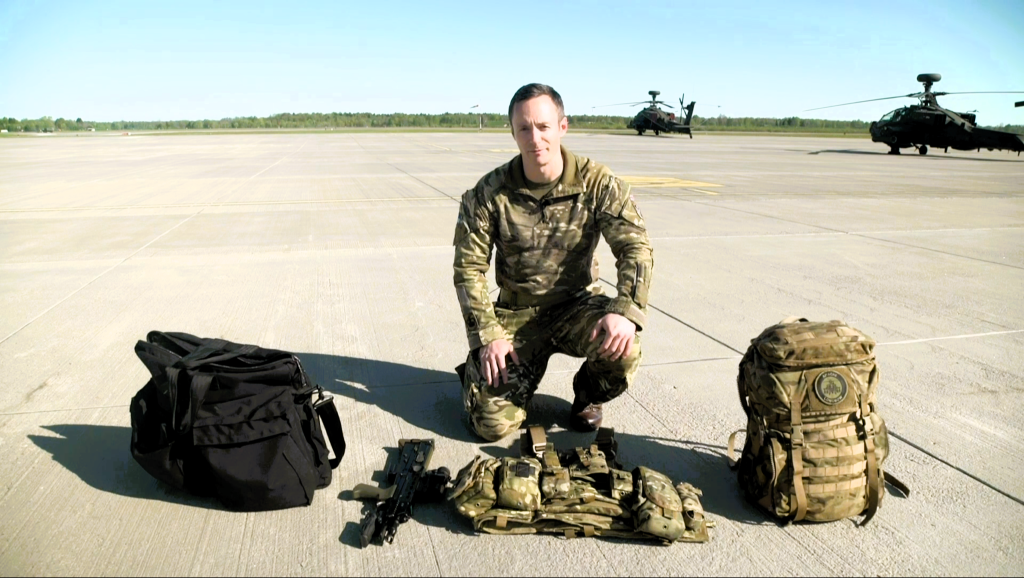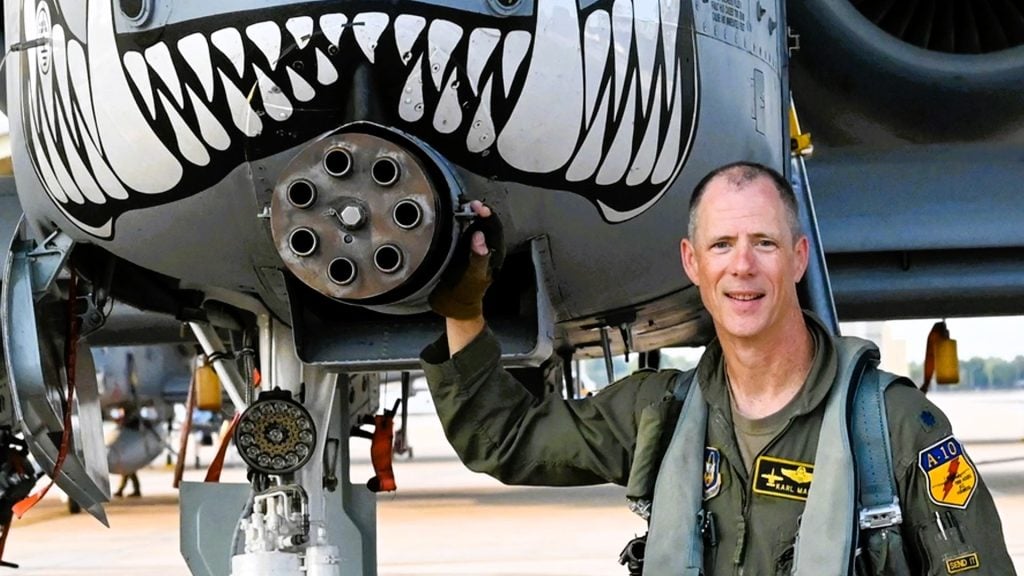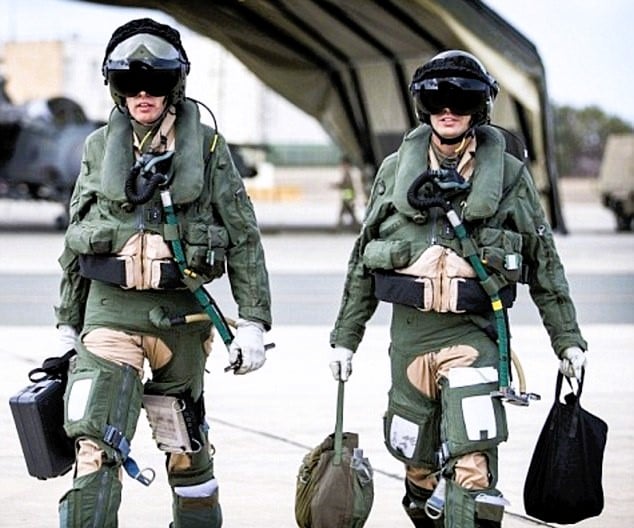Guns?In the high-stakes world of aviation, the ability of pilots to carry firearms has long been a topic of debate and speculation. As the guardians of our skies, pilots face a unique set of challenges, ranging from navigating through turbulent weather conditions to dealing with potential security threats. The question of whether they should be entrusted with the responsibility of carrying guns has been a subject of intense scrutiny and discussion. This article delves into the Are Pilots Allowed to Carry Guns?.
8 Top Police Force in the World 2024
The Necessity of Pilot-Carried Firearms
The need for pilots to be armed stems from the inherent risks associated with air travel. Pilots are tasked with the immense responsibility of ensuring the safety and security of their passengers, crew, and the aircraft itself. In the aftermath of the September 11th attacks, the United States government recognized the critical role that pilots could play in thwarting potential terrorist threats or hijacking attempts. This realization led to the creation of the Federal Flight Deck Officer (FFDO) program, which trains and deputizes select commercial pilots to carry firearms while in the air.
The FFDO Program: Arming Pilots for Defense
The FFDO program is a classified initiative that prepares licensed commercial pilots and crew members to defend their flights in the event of a terrorist attack or violent passenger incident. Graduates of the program are granted the authority of a law enforcement officer and are certified as Air Marshals, empowering them to take decisive action to protect the aircraft and its occupants. While the exact details of the training curriculum are not publicly disclosed, it is known that the program equips pilots with the necessary skills and tools to handle firearms effectively in the confined space of an aircraft cabin.
Military Pilots: Carrying Guns for Survival
In the realm of military aviation, the need for pilots to carry firearms is even more apparent. Military pilots are often required to operate in hostile environments, where the risk of their aircraft being shot down or forced to make an emergency landing behind enemy lines is a constant concern. In such scenarios, a sidearm can be a crucial tool for self-defense and ensuring the pilot’s survival until rescue or extraction can be arranged.
10 Top Bomber Planes in the World
Regulations Governing Pilot-Carried Firearms
The regulations surrounding the carrying of firearms by pilots vary depending on the type of aircraft and the jurisdiction in which they are operating. While commercial pilots who have completed the FFDO program are legally permitted to carry guns, the specific protocols and guidelines they must follow are not widely known to the general public.
Commercial Pilots and the FFDO Program
As mentioned earlier, the FFDO program is the primary avenue through which commercial pilots can legally carry firearms while in the air. After undergoing extensive training and certification, these pilots are granted the authority to use their weapons to defend the flight in the event of a security threat. However, the exact number of FFDO-certified pilots is closely guarded information, with estimates suggesting that between 10-25% of commercial pilots may be part of the program.
Private and Military Pilots: Varying Regulations
The regulations governing the carrying of firearms by private and military pilots are more complex and varied. Private pilots, who operate smaller, non-commercial aircraft, are typically required to obtain the necessary permits and licenses to carry a concealed weapon, which may vary depending on the jurisdiction. Military pilots, on the other hand, are subject to the specific regulations of their respective branches of the armed forces, with some branches, such as the Air Force, providing their pilots with specialized self-defense weapons.
Controversies and Concerns
The issue of pilots carrying firearms has not been without its share of controversies and concerns. Critics have raised questions about the potential for accidents, the risk of firearms falling into the wrong hands, and the overall impact on passenger safety and comfort. Additionally, there are concerns about the potential for escalation in the event of a confrontation between a pilot and an unruly passenger.
Balancing Safety and Security
Proponents of pilot-carried firearms argue that the benefits of having armed pilots, particularly in the event of a security threat, outweigh the potential risks. They contend that the extensive training and strict protocols in place, such as the FFDO program, mitigate the chances of accidents or misuse. However, opponents counter that the presence of firearms in the confined space of an aircraft cabin could actually increase the risk of harm to passengers and crew.
The Ethical Dilemma
The decision to arm pilots is also fraught with ethical considerations. While the primary goal is to enhance flight safety and security, some argue that the use of lethal force should be a last resort, and that non-lethal options, such as enhanced security measures and better passenger screening, should be prioritized.
10 Safest Armored Personnel Carriers In the World 2024
Conclusion
The debate over whether pilots should be allowed to carry guns continues to be a complex and multifaceted issue. As the guardians of our skies, pilots face unique challenges that may necessitate the use of firearms in extreme circumstances. However, the implementation of such policies must be carefully balanced with concerns about safety, security, and ethical considerations.
As the aviation industry continues to evolve, it is likely that the discussion around pilot-carried firearms will remain an area of ongoing scrutiny and debate. Ultimately, the decision-makers must weigh the potential benefits and risks, while ensuring that the safety and well-being of all passengers and crew remain the top priority.
FAQs
1. Can airline pilots carry firearms?
A Federal Flight Deck Officer (FFDO) is a Part 121 airline pilot who is trained and authorized to carry firearms and protect commercial aircraft from criminal activities and terrorist threats.
2. Do fighter jets have guns?
European modern fighter aircraft typically feature revolver cannons, whereas the United States and to some extent Russia tend to prefer Gatling guns.
3. Can commercial pilots carry guns on flights?
Yes, commercial pilots can carry guns on flights, but only if they have completed the Federal Flight Deck Officer (FFDO) program. The FFDO program trains and deputizes select commercial pilots to carry firearms while in the air to defend their flights in case of a security threat.
4. Can private pilots carry guns on their flights?
Private pilots, who operate smaller, non-commercial aircraft, are typically required to obtain the necessary permits and licenses to carry a concealed weapon. The regulations around this vary depending on the jurisdiction.
5. Do military pilots carry guns while flying?
Yes, military pilots often carry firearms while flying, primarily for self-defense in case their aircraft is shot down or forced to make an emergency landing behind enemy lines. The specific regulations around this vary depending on the branch of the military.










